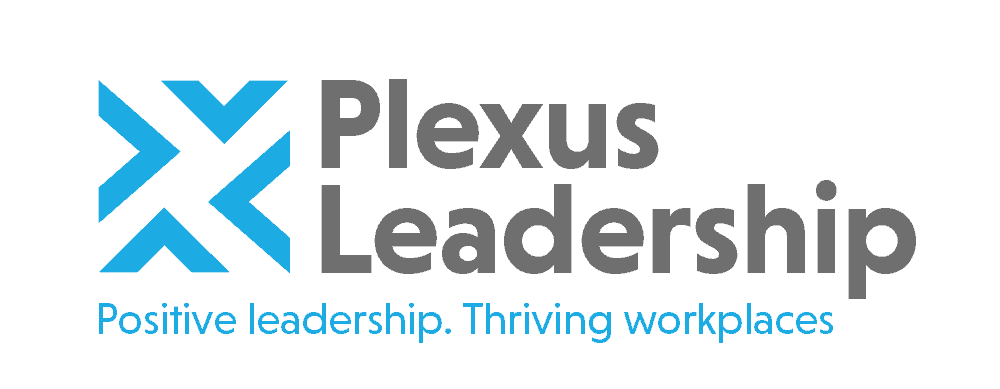Great leadership is all about influence. If you want people to go above and beyond to achieve your company’s purpose and goals, you need to understand how to inspire and influence them. Without power and influence, you won’t have followers. At best, you’ll have direct reports who listen to you only reluctantly because of the power you hold over them arising from your position. So what do super influencers do differently from the majority of leaders?
They don’t over-rely on their positional power
Super influencers know that it is unwise to rely too much on their authority. They realise that telling people what they need to do and how to do it might be appropriate during emergencies and when people are performing poorly. However, it undermines trust and respect when used as a blunt instrument in every leadership situation.
Instead, super influencers use their personal and expert power to win people over and make things happen. They listen to staff, get to know them well and involve them in problem-solving and decision-making. Become well-liked and respected by being empathetic, participative and considerate. They use their expertise selectively and carefully to guide, coach and mentor co-workers to understand problems in new ways and learn how to do things differently and better.
Influencers focus on “pull” rather than “push” influencing techniques
Super influencers resist the urge to “push” people to adopt their preferred approach with techniques like issuing directives, over-persuading and patronising people by claiming superior knowledge. Rather, they adopt “pull” techniques including listening, empathising and bridge-building to understand others and get them on their side. They value diverse perspectives and strive for win-win outcomes that take account of the perspectives of those most impacted by the decision or change.
‘In my experience, these leaders are generally experts at asking powerful questions.’
Their questions enable others to see problems and challenges from a different perspective and discover new solutions that would have otherwise not been surfaced.
They look for the best in people
Some of the biggest breakdowns in relationships and influencing occur when leaders write co-workers or stakeholders off. They attribute negative qualities to people they find it tough to connect with or those who don’t easily roll-over and accept their opinions and ideas. They then look for confirmatory evidence to confirm their judgement that these people are not worth their time.
‘Super influencers, on the other hand, see the best in people and their intentions. Even if they don’t understand or like their personal style and behaviours.’
They don’t insult them or talk badly about them behind their backs. Remain psychologically minded and curious about people and try to engage with them, even when their initial attempts to connect and influence fail or are rebuffed.
Influencers avoid negative and petty behaviours
The world of the leader is politically charged. Political behaviours usually become common as the business grows and disputes over scarce resources and advancement opportunities increase.
‘A leader who cannot be effective within this environment isn’t likely to last long or advance into more senior roles.’
However, super influencers tend to avoid ego-driven political game-playing like back-stabbing, hidden agendas, withholding information and manipulation. They use positive political strategies to promote the company’s goals. Speed up organisational change and highlight values including fairness, equality and openness. These include building and leveraging high-quality connections and interpersonal networks. Courageously surfacing unfairness and difficult topics and tackling negative political behaviours.
They never stop learning
Super influencers don’t become experts overnight. Most leaders I know who have become super-influencers understand that mastering softer skills like communication, influencing, emotional intelligence and negotiation is at the heart of great leadership. They also prioritise these over technical/functional expertise and engage enthusiastically in learning and developing new influencing skills and techniques to ensure they become master influencers.
Other Posts

About the Author
James Brook
Founder and MD | Leadership Consultant | Organizational Psychologist
James is a leadership consultant, organizational psychologist and executive coach. He has over 25 years’ experience working with leaders, teams and organizations globally to optimize their performance, talent and future success. He specializes in positive leadership, thriving workplaces, collaboration and influencing, organizational change and transformation, accelerating innovation and coaching executives and leaders in innovative sectors including Tech, Digital, E-commerce and Life Sciences.
Before setting up Plexus Leadership, James held leadership roles in HR and Talent Management in the UK and abroad with companies such as NatWest, Yahoo! and Novo Nordisk Pharmaceuticals. After this, he founded and led several talent and leadership consulting and assessment businesses, including Strengthscope®, an online strengths assessment and development business serving a wide range of UK and global clients. James grew this venture into a global market leader before selling the business in 2018.
James has supported, advised and coached leaders and teams globally across diverse industries and geographies. Clients he has worked with include Allen & Overy, Commvault, Equinor, Facebook, GSK, Hilton, John Lewis, Novartis Pharmaceuticals, NHS, Oracle, Sainsbury’s, Swiss Re, Tesco, Takeda Pharmaceuticals, WSP and Yahoo!.
James has a Master’s in Organizational Psychology, an MBA, an Advanced Diploma in Executive Coaching and a Harvard Business qualification in Sustainable Business Strategy. He is a member of the Institute of Directors, the Association of Business Psychologists and a Fellow of the Chartered Institute of Personnel and Development (FCIPD). He is currently undertaking a PhD in Organizational Psychology examining the start-up experiences of Tech and Digital entrepreneurs.
James is a regular contributor and speaker on leadership, coaching, innovative talent management and the future of work. His most recent book, Optimize Your Strengths, explores how leaders can create thriving workplaces by inspiring and supporting people to optimize their potential and teamwork to deliver breakthrough results.





